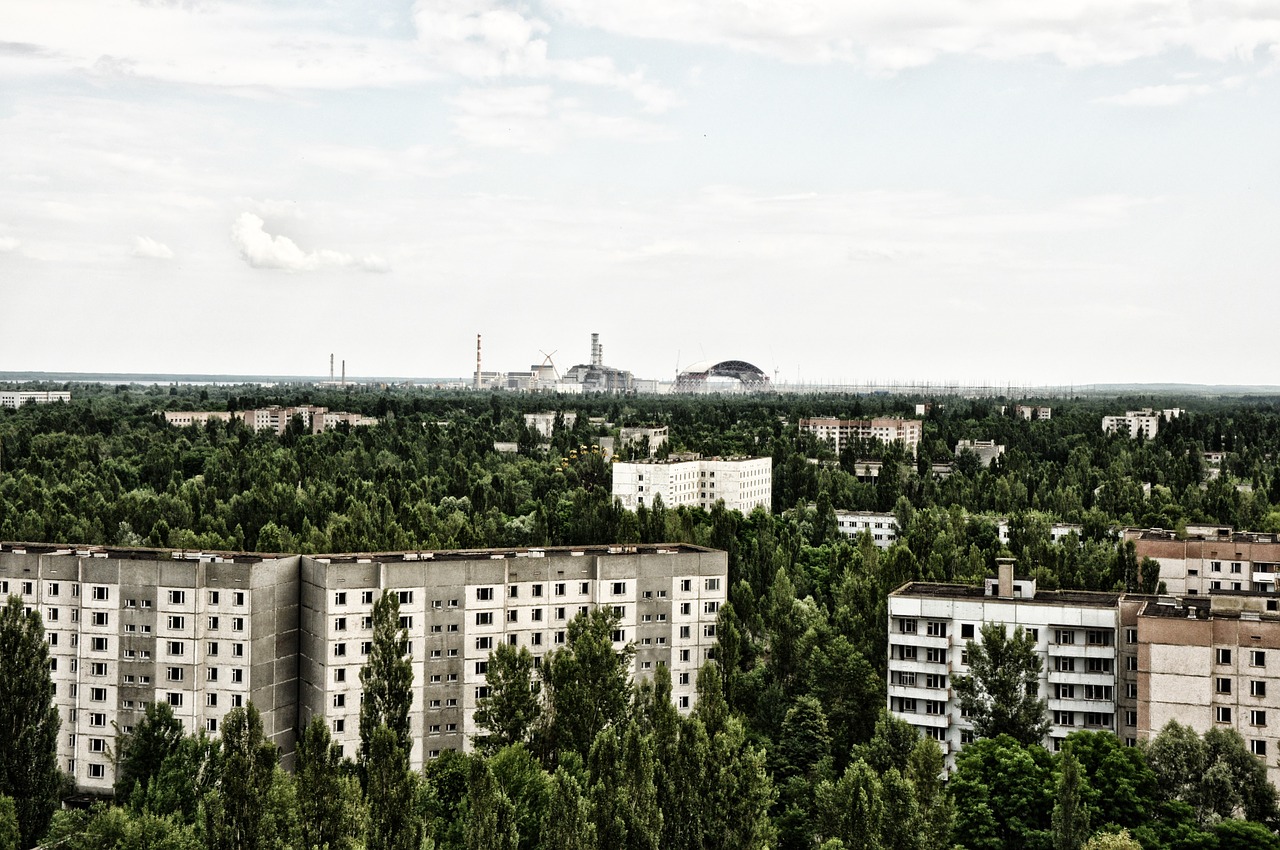(Bio)discourse after Catastrophe: The Natural-Cultural Status of Nuclear Disasters in Chernobyl and Fukushima
Join the fourth session in our series of NUCLEARWATERS zoominars. This time we have the pleasure of welcoming Aleksandra Brylska from the University of Warsaw as our guest speaker. Aleksandra is working on a doctoral dissertation on the natural and cultural status of post-nuclear spaces, based on the examples of the disasters at Chernobyl and Fukushima. This will also be the topic of her presentation. See further information below.
Time: Fri 2020-12-04 10.15 - 12.00
Location: https://kth-se.zoom.us/j/65598712688
Participating: Aleksandra Brylska

(Bio)discourse after Catastrophe: The Natural-Cultural Status of Nuclear Disasters in Chernobyl and Fukushima
The study of previously overlooked phenomena speaks more about our culture and history than we think. In my project, analyzing the stories created around the Chernobyl and Fukushima contamination zones, I show how cultural concepts determine the perception of the environment. I decided to analyse this area because I think that reflection on human relations with the environment can say a lot about the culture and ideological rhetoric of a given time.
I am especially interested in three issues. First of all, I want to examine what status the environment has in narratives about technological catastrophe, and how contaminated nature affects these stories. In particular, I'm interested in the role of language and image in creating specific cultural practices. Secondly, because the experience of post-nuclear space is rooted in a specific historical and cultural context, I want to analyse what role the concept of Nature plays in the creation of the relationship between man and the environment. Thirdly, focusing on the two largest nuclear disasters (classified in the INES system), which are culturally and temporally distant from one another, allows, to ask about the existence of a universal experience of a nuclear disaster and to follow the rhetorical shifts that took place in the discourse on a theme of nature over twenty-five years. The first part of the research will be devoted to the analysis of the discourse regarding the Chernobyl nuclear power plant disaster and the one that happened in the town of Ōkuma in Fukushima prefecture. The second part of the project will be devoted to the analysis of concepts determining the experience of the environment and shaping its cultural status, and the possible directions of change that are taking place in this field.
In my project, I rely on archival and contemporary press materials, articles on both disasters, sources of the so-called second circulation and materials available on the Internet: blogs, articles, information pages. I plan to collect materials in both Ukraine and Japan. The Polish context will also be important to me. I also plan to analyse the collection and exhibition strategies at the Chernobyl Museum in Kiev and Komitan Fukushima [コ ミ ュ タ ン 福島]. An important part of the project will be interviews with people who live and have been in contamination zones in order to get to know their perception and experience of these spaces. I also plan to conduct ethnographic observations in post-nuclear spaces in order to confront media narratives with real phenomena that take place in these spaces.
Undertaking the subject of post-nuclear space is important because the analysis of nuclear failures from the environmental perspective can provide useful tools to study the impact of technological disasters on changes in cultural practices which shape our relationship with the environment. This, on the other hand, will enable the creation of new attitudes towards the environment, which are important in the context of the ongoing climate change.
Aleksandra Brylska is a PhD candidate in the international PhD program “Nature-Culture” at the Faculty of “Artes Liberales” at the University of Warsaw. She is preparing a doctoral dissertation on the natural and cultural status of post-nuclear spaces, based on the examples of nuclear power plant disasters in Chernobyl (Ukraine) and Ōkuma (Japan).

